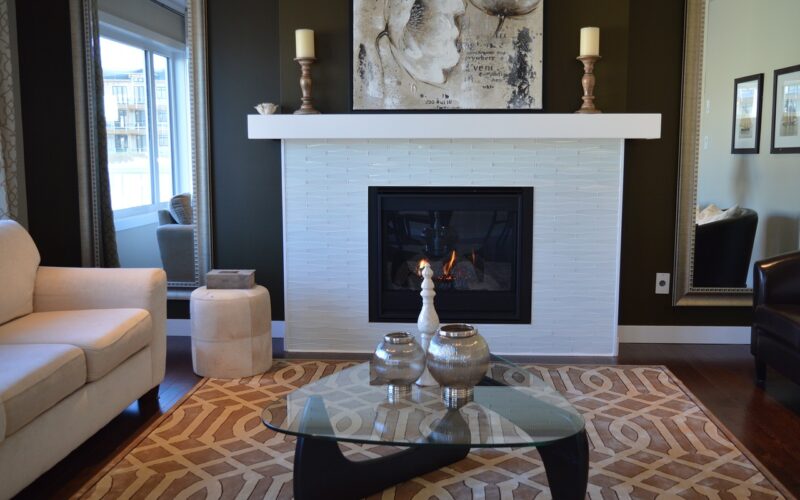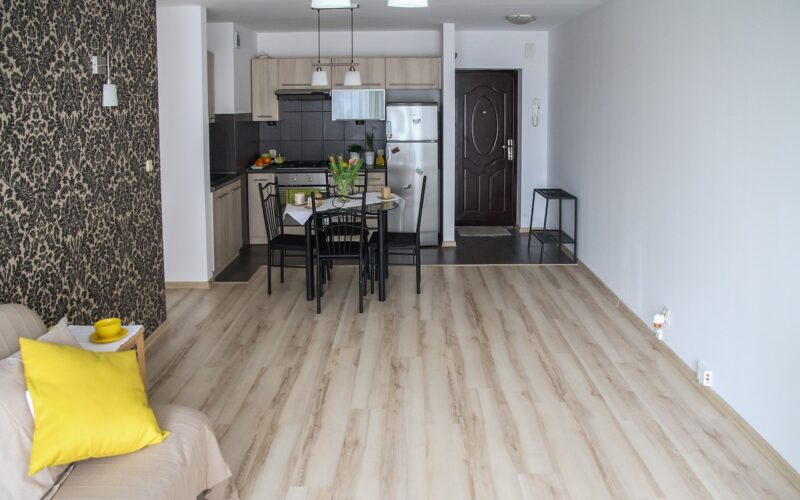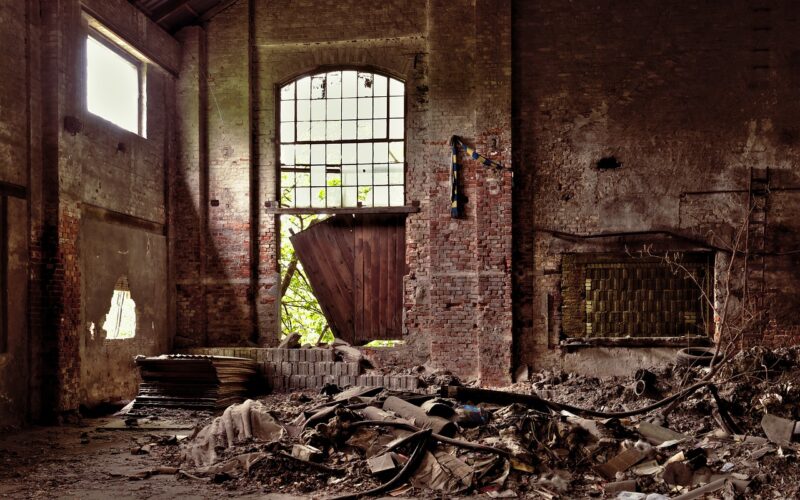Renovating an old house requires a lot of planning, creativity, and hard work - but the rewards for successfully meeting this challenge can be truly remarkable. All too often, older homes fall victim to neglect as their owners lack the resources or know-how necessary to bring them back to life.
Fortunately, there are countless stories of people who have made it their mission to take on these daunting renovations and come out with extraordinary results! From updating dated interiors and restoring original architectural features to making minor fixes that make a big impact, renovating an old home can drastically transform its appearance - not only improving its aesthetic value but also increasing its market value.
Whether you’re looking for ways to save time or money during your renovation journey or simply need some inspiration for starting the project in the first place, let's discuss how to navigate you through the process from start to finish.
Assess the condition of the house
Walking into an older house can provoke a wide range of emotions, from excitement at the potential to a sense of overwhelm as you take in all the work that needs to be done.
That's why it's important to start any renovation project by carefully assessing the overall condition of the house and identifying areas that require work. Perhaps the roof needs to be replaced, or the plumbing needs updating. Maybe the layout of the rooms doesn't work well for modern living, or the electrical system is outdated and overburdened.
By taking the time to identify problem areas at the outset, you can make a plan to address each issue in turn, allowing you to transform the house into your dream home.
Develop a budget for the project
Creating a budget for your project is vital to ensure that you don't overspend. It's important to first evaluate how much money you have available to spend and then prioritise the renovations that are most important to you. Maybe you want to focus on updating your kitchen, or maybe you need to fix a leaky roof first.
By determining the most critical projects, you can allocate your budget effectively. Don't forget to also factor in unexpected expenses that could arise during the renovation process. Research different renovation techniques and materials in order to get the best value for your money
Renovating your home is an exciting journey that requires careful consideration of various factors. In addition to creating a stylish and functional space, you want to ensure that your expenses are within your budget. To get the best value for your money, it is crucial to invest in high-quality materials and choose renovation techniques that are built to last.
From exploring different flooring options to selecting the perfect paint colour, each decision can significantly impact the final outcome of your renovation.
Consider hiring a professional contractor
Renovating your home can be an exciting experience, but it's important to remember that it can also be a daunting task. If you don't have any previous experience with renovations, it's best to consider hiring a professional contractor to help you out.
While it may seem like a costly expense, a contractor can actually save you time, money, and a lot of headaches in the long run. They'll have the tools, knowledge, and expertise needed to get the job done efficiently and effectively.
Plus, having an experienced professional on your side can give you peace of mind knowing that your home renovations will be completed to the highest standards. For example, doing plumbing work without knowledge can result in flooding so hiring a professional bathroom fitter can be a wise idea.
Invest in energy efficient upgrades
Are you tired of high energy bills? Investing in energy efficient upgrades such as new windows or insulation may be the solution you've been looking for.
While the initial cost of these upgrades may seem daunting, the long-term savings are worth it. With new windows, you can prevent heat from escaping during the winter and keep cool air in during the summer. Insulation can also help regulate the temperature in your home, reducing the need for constant heating or cooling.
By making these upgrades, you'll not only save money in the long run, but you'll also be doing your part to reduce your carbon footprint.




















